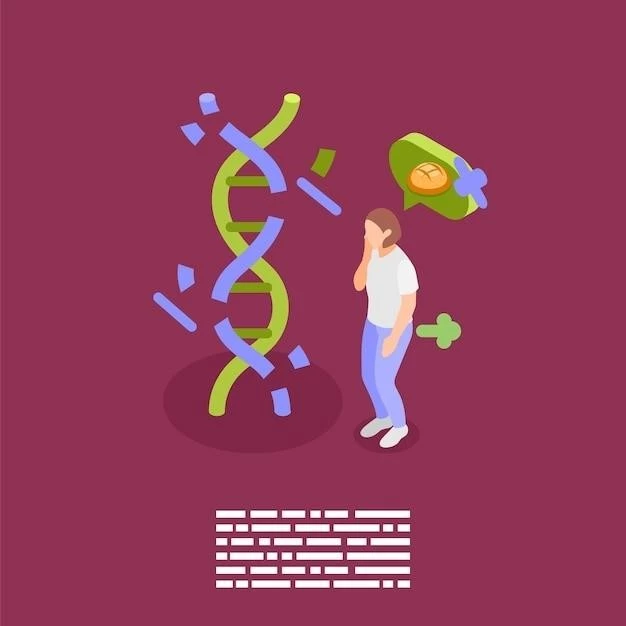Causes of Chromosome 13q-mosaicism
Genetic Mutations
Environmental Factors
Genetic Mutations
Genetic mutations involving chromosome 13q can lead to mosaicism, where some cells have an abnormality. These mutations may arise spontaneously or be inherited, impacting cell development and function.
Environmental Factors
Exposure to certain environmental factors like radiation, toxins, or chemicals during pregnancy may contribute to the development of chromosome 13q-mosaicism. These external influences can impact genetic stability and cause abnormalities.

Symptoms and Diagnosis of Chromosome 13q-mosaicism
Common Symptoms
Diagnostic Tests
Common Symptoms
In individuals with Chromosome 13q-mosaicism, common symptoms may include developmental delays, intellectual disabilities, facial abnormalities, and vision or hearing impairments. These manifestations vary depending on the extent of mosaicism and specific genetic changes.
Diagnostic Tests
Diagnostic tests for Chromosome 13q-mosaicism may involve karyotyping, chromosomal microarray analysis, fluorescence in situ hybridization (FISH), and genetic sequencing; These tests help identify chromosomal abnormalities and determine the extent of mosaicism, guiding treatment and management decisions.
Treatment options for Chromosome 13q-mosaicism
Medical Interventions
Therapies and Supportive Care
Medical Interventions
Medical interventions for Chromosome 13q-mosaicism may include surgical procedures to address physical abnormalities, medication to manage associated health conditions, and specialized treatments tailored to individual needs. A multidisciplinary approach involving geneticists, pediatricians, and other specialists is essential.
Therapies and Supportive Care
Therapies and supportive care for individuals with Chromosome 13q-mosaicism may include physical therapy, speech and occupational therapy, educational support, and counseling services. These interventions aim to improve quality of life, promote development, and address specific challenges associated with the condition.
Prognosis and life expectancy with Chromosome 13q-mosaicism
Long-term Outlook
Factors Influencing Prognosis
Long-term Outlook
The long-term outlook for individuals with Chromosome 13q-mosaicism varies widely depending on the extent of mosaicism and associated health issues. Regular medical monitoring, early interventions, and support services can significantly impact long-term outcomes and quality of life.
Factors Influencing Prognosis
Several factors can influence the prognosis of individuals with Chromosome 13q-mosaicism, including the extent of genetic abnormalities, presence of associated health conditions, access to early interventions, and family support. Genetic counseling and multidisciplinary care play crucial roles in managing and improving outcomes.
Research advances in understanding Chromosome 13q-mosaicism
Current Studies and Findings
Potential Future Developments
Current Studies and Findings
Ongoing research explores the genetic mechanisms underlying Chromosome 13q-mosaicism, potential links to specific health issues, and novel therapeutic approaches. Findings aim to enhance diagnostic accuracy, treatment effectiveness, and overall understanding of this complex genetic condition.
Potential Future Developments
Future research directions for Chromosome 13q-mosaicism involve exploring targeted therapies٫ precision medicine approaches٫ and gene-editing technologies. These developments seek to optimize treatment outcomes٫ improve quality of life٫ and advance personalized care for individuals affected by this genetic condition.
Chromosome 13q-mosaicism in pediatric patients
Impact on Childhood Development
Pediatric-specific Treatment Approaches
Impact on Childhood Development
Chromosome 13q-mosaicism can impact childhood development٫ leading to delays in milestones٫ cognitive challenges٫ and behavioral issues. Early interventions and developmental support are crucial in promoting optimal growth and addressing specific developmental needs.
Pediatric-specific Treatment Approaches
Pediatric-specific treatment for Chromosome 13q-mosaicism may involve early intervention programs, speech and occupational therapy, educational accommodations, and specialized medical care tailored to children’s unique needs; A comprehensive approach focusing on developmental support and symptom management is key to improving outcomes in pediatric patients.
Genetic counseling for families affected by Chromosome 13q-mosaicism
Importance of Genetic Counseling
Family Planning and Risk Assessment
Importance of Genetic Counseling
Genetic counseling is vital for families affected by Chromosome 13q-mosaicism, providing guidance on inheritance risks, family planning options, and available support services. It helps individuals understand the condition, make informed decisions, and access appropriate resources for comprehensive care.
Family Planning and Risk Assessment
Genetic counseling offers guidance on family planning options and risk assessment for individuals with Chromosome 13q-mosaicism. Understanding the potential implications and recurrence risks is essential for informed family decisions and personalized care strategies tailored to each family’s unique needs.
Support resources for individuals with Chromosome 13q-mosaicism
Patient Support Groups
Access to Mental Health Services
Patient Support Groups
Joining patient support groups can provide individuals with Chromosome 13q-mosaicism and their families a sense of community, emotional support, and valuable resources. These groups offer a safe space to share experiences, seek advice, and access information on managing the condition effectively.
Access to Mental Health Services
Accessing mental health services is essential for individuals with Chromosome 13q-mosaicism to address emotional well-being, cope with stress, and enhance overall mental health. Professional support can offer strategies to manage anxiety, depression, and other psychological challenges associated with the condition, promoting holistic health and quality of life.
